3 Questions to Ask About Obstetric Fistula
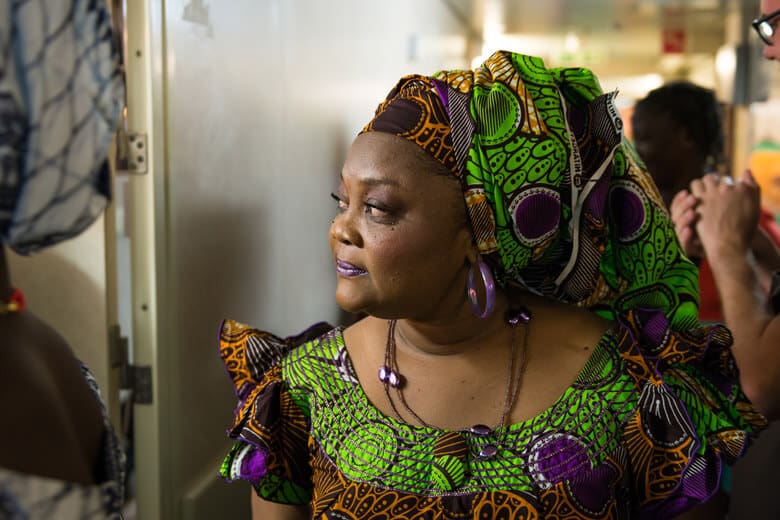
1. What is Obstetric Fistula?
It’s the most heartbreaking condition you’ve never heard of. Obstetric fistula is a devastating childbirth-related injury, usually the result of obstructed labour when obstetric care is inaccessible. After a prolonged (multiple day) labour without medical care or access to an emergency caesarean section, a hole between the vagina and the bladder or rectum forms. In most cases, the child is stillborn and the woman is left incontinent, continually leaking urine and/or feces. In addition to the physical trauma, this condition causes extreme shame, societal rejection and social isolation for these women.
Despite being preventable, the World Health Organization estimates between 2 and 3.5 million are currently suffering from obstetric fistula with between 50,000-100,000 more women being affected every year. Obstetric fistula happens in nations where women don’t have universal access to obstetric care, with the majority of new cases each year occurring in sub-Saharan Africa. It happens when the cost or location of adequate care is prohibitive.
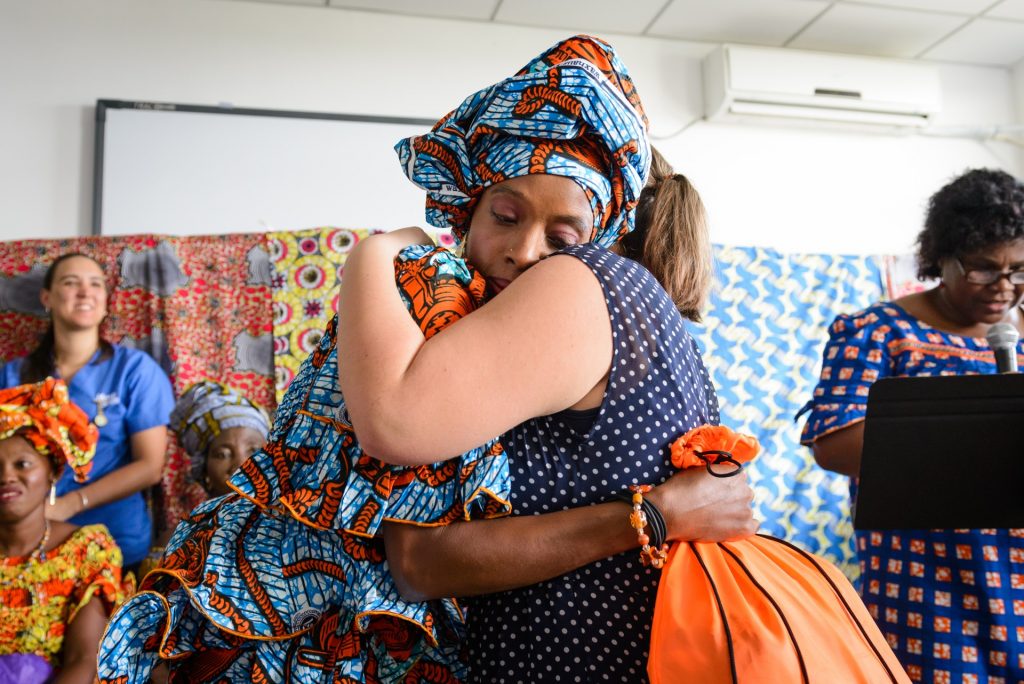
2. Who is Obstetric Fistula Impacting?
As mentioned above, obstetric fistula affects some of the most marginalized populations in the world—young, rural and poor women in developing nations. But aside from that, the women suffering from this condition are SURVIVORS! Every year 830 women die from preventable pregnancy or childbirth-related complications, but these women did not. They have suffered greatly, but they have survived.
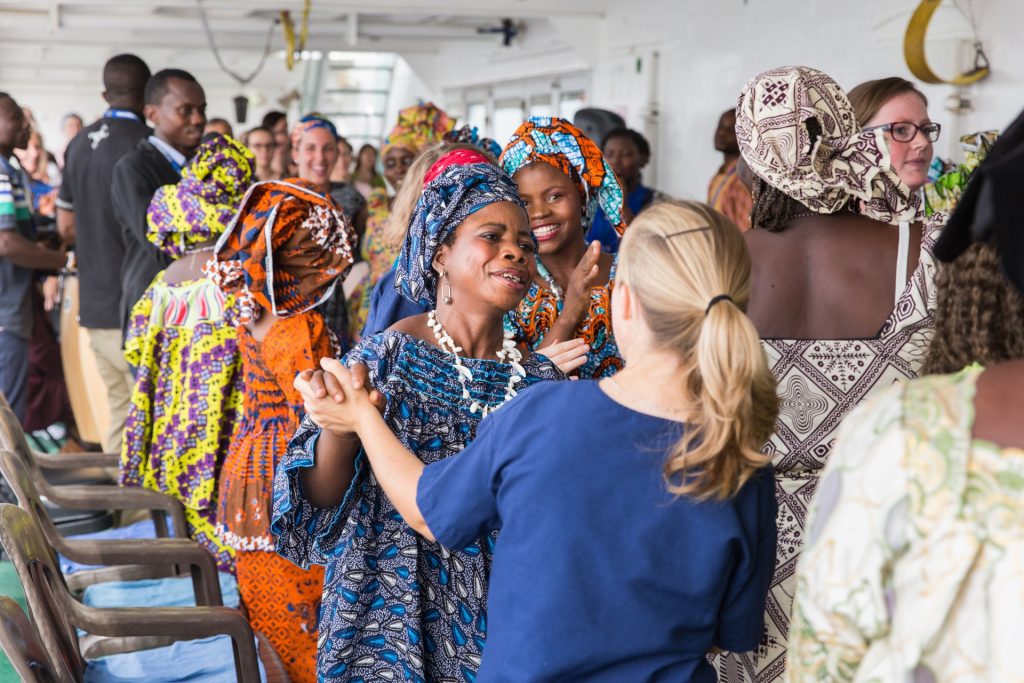
3. Who is Doing Something About it?
There are several amazing NGOs around the world working to help women suffering from obstetric fistula and Mercy Ships is one of them. Each year our volunteer medical teams provide free surgery to repair this devastating condition. During our current field service in Cameroon, our team has performed 278 surgeries on women who had experienced only rejection and disdain before coming to our hospital ship, the Africa Mercy. In addition to treating the condition, our volunteers provide courses and training to local professionals, improving the medical capacity of the country for years to come.
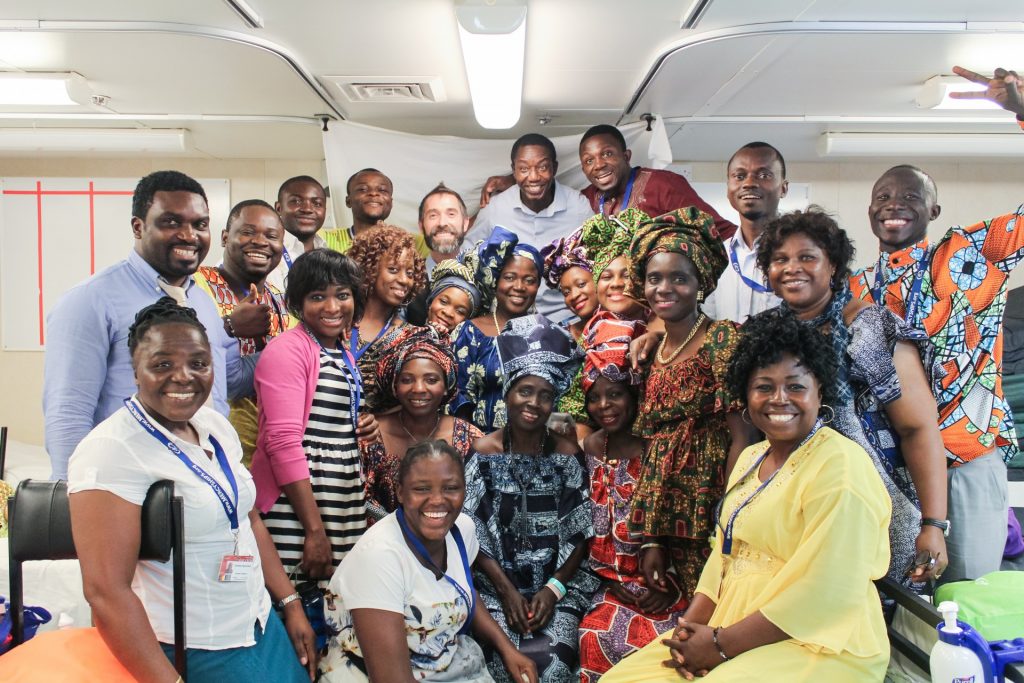
4. What Can I Do to Help?
Make a donation. Whether you can give $5 or $5,000, every gift helps. If you cannot make a donation, share this with someone who can. Every surgery we provide cannot and does not happen without someone like you giving generously.
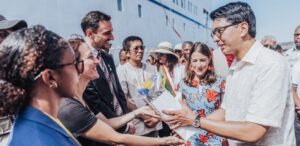
Mercy Ships Welcomes Presidential Visit on board, in Toamasina Harbor
Presidential Visit: Malagasy president His Excellency Andry Nirina Rajoelina visited patients and volunteers on board Mercy Ships’ hospital vessel to see for himself the lives being transformed.
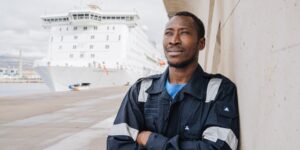
Day of the Seafarer: One Maritime Volunteer’s Story
On this Day of the Seafarer, Mercy Ships wants to honor all the people like Ishaka, volunteer assistant bosun on board the Global Mercy.
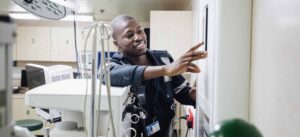
An Electrician’s Journey to Finding Purpose and Professional Growth
When Jean Jacques Diouf came on board for the 1st time, he’d packed his suitcase with enough supplies for one week. Learn more about his professional growth!
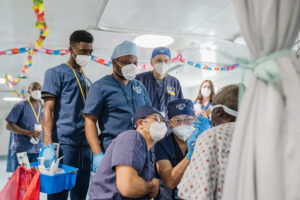
THE MSC FOUNDATION, THE MSC GROUP AND MERCY SHIPS INTERNATIONAL JOIN FORCES TO BUILD A NEW HOSPITAL SHIP
The new purpose-built hospital ship will expand the impact of Mercy Ships’ life-changing surgeries, anaesthetic care and surgical education for future generations of patients and healthcare professionals in sub-Saharan Africa.
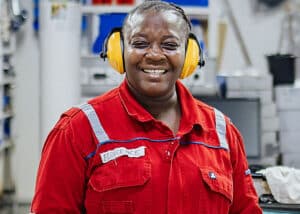
The Woman Who Forged Her Way Through Walls: Florence Bangura’s Story
Florence’s journey from oldest to newest Mercy Ship came full circle when she met the Global Mercy™ in 2023, the same year that the purpose-built hospital ship began welcoming its patients on board. Today, you can find Florence, now 49 years old, down in the engine room as a hotel engineering assistant.
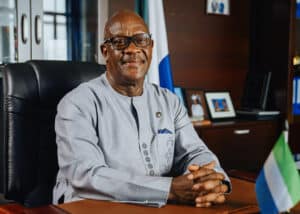
Transforming Sierra Leone’s Healthcare: A Vision for Safe and Affordable Surgery
As experts from the surgical and healthcare world gather for the 64th Annual Conference and Scientific Meeting of the West African College of Surgeons in Sierra Leone this week, a profound dedication to advancing surgical knowledge and practice in the region is palpable. At the forefront of discussions lies the conference’s pivotal theme: access to safe and affordable surgical and anesthetic care in West Africa. This theme highlights the pressing need to address disparities in healthcare capabilities and capacities across the region, especially the critical importance of equitable access to quality surgical interventions.
Share
Related Posts

Christmas-Thank You Message from Darryl Anderson
Darryl Anderson shares his thank you message after Christmas to express his gratitude for your support and dedication to our mission.
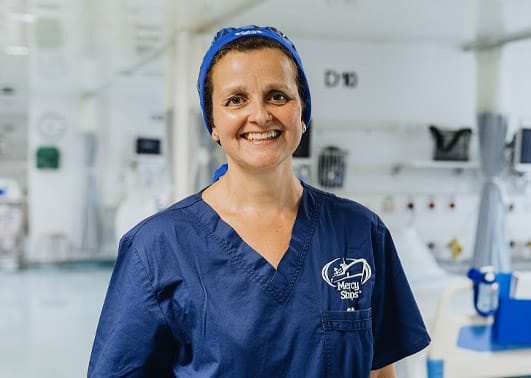
A Legacy of Hope and Healing
Celebrating the surgeon behind the first operation on the Global Mercy. Learn more about Dr Rachel Buckingham.
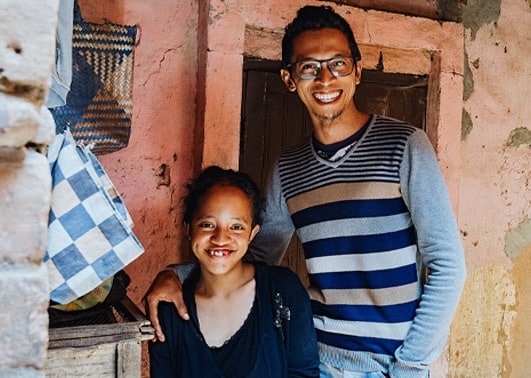
Reuniting with Vanya, Years After Surgery
In 2015, in an operating room on board the Africa Mercy while docked in Madagascar, the course of Vanya’s life changed.
Years have now passed since Vanya’s journey toward healing. In the time since, her improved ability to walk allowed her to return to school, where she loved studying environmental science and learning about the world around her.
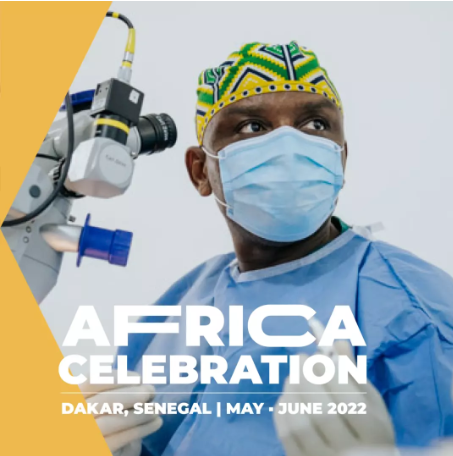
Africa Celebration
The Africa Celebration is a moment to pause and give thanks for 30 years of partnership, filled with stories of hope and healing.
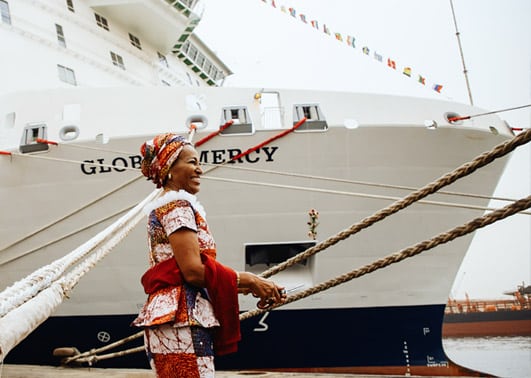
Raising the Bar for Safe Surgical Care on World Health Day
Dr. Juliette Tuakli speaks on what the theme for this year’s World Health Day, “Health for All,” really looks like on the continent of Africa.
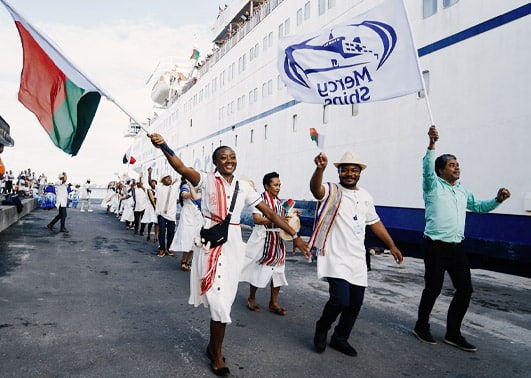
The Africa Mercy Arrives in Madagascar to Bring Hope and Healing Anew
Freshly refitted hospital ship, the upgraded Africa Mercy® has arrived at the island nation to build on the charity’s longstanding collaboration and will provide specialized surgeries in various fields, including maxillofacial and ear nose and throat, general, pediatric specialized general, pediatric orthopedic, cataract surgery, and reconstructive plastics.
